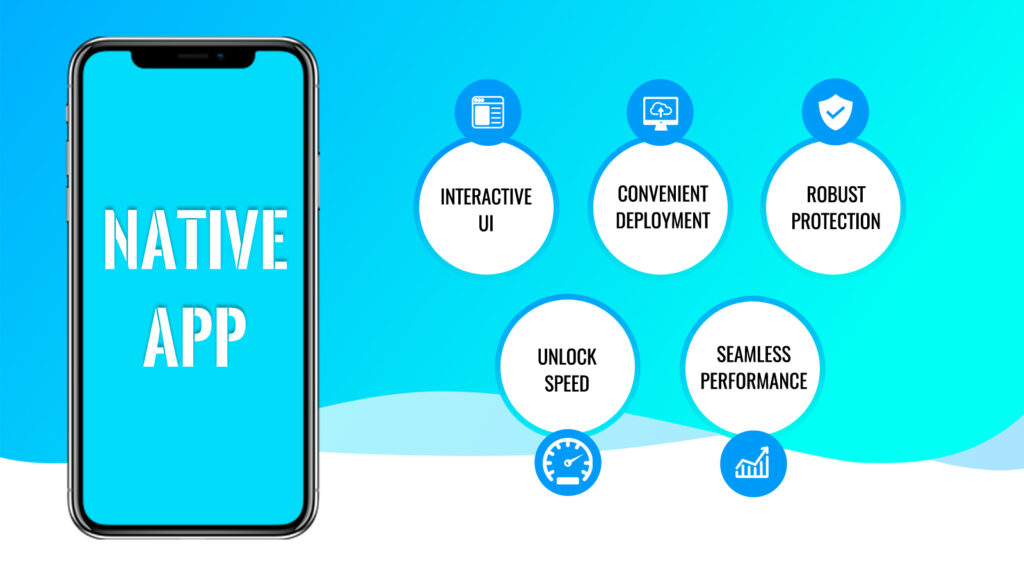Mobile Native App Development for a Smooth App Using Experience
For any company to conduct business smoothly, building a mobile application has become a priority. However, companies have a hard time choosing an approach for developing the application as the differences between the various options are gradually fading. A native application refers to software that has been developed to be used on a particular operating system. This article discusses in detail the various benefits of Mobile native app development.
Benefits of Native Mobile App Development
Although the concept of mobile native development may sound limited as it can be used to develop apps for a specific platform, some benefits are associated with the technique. Stated below are some of them:

- Apps thus built are of a high level: As the apps are developed, they can run only on a specific platform; the native apps are extremely responsive. They load very fast. The app developers compile these apps using a core programming language, which results in highly efficient mobile applications. The app’s load time is quick because the visual elements and the app’s contents are stored in certain phones by default. As the device stores the app, the software can easily leverage the processing speed.
- The apps are more secure: Different web applications use different technologies such as HTML5, CSS, JavaScript, etc. On the other hand, native mobile apps do not use multiple technologies. This ensures the security and reliability of the protection of data to the customers.
- These applications are very interactive: It has been seen that native mobile apps are very smooth. This is because these applications inherit the interfaces of the Operating System installed in the devices. This coordination and harmony make the app appear like an integrated part of the device.
- Fewer bugs are interrupting the development process: In the case of mobile native app development, there are fewer chances of bugs. This is because these apps do not depend on cross-platform app framework strategies. Such cross-platform app frameworks often slow down development.
Therefore, we can see that mobile native and hybrid app development is far more responsive. As they are developed to be used only on one platform, they incorporate the full use of all the features of the operating system and software of the device. These applications are easily redirected to the device’s hardware like microphone, GPS, camera, and so on. This makes execution through these applications faster and enriches the user experience. Although they may not be as cost and time-saving as cross-platform application frameworks, they still win an edge over them.

